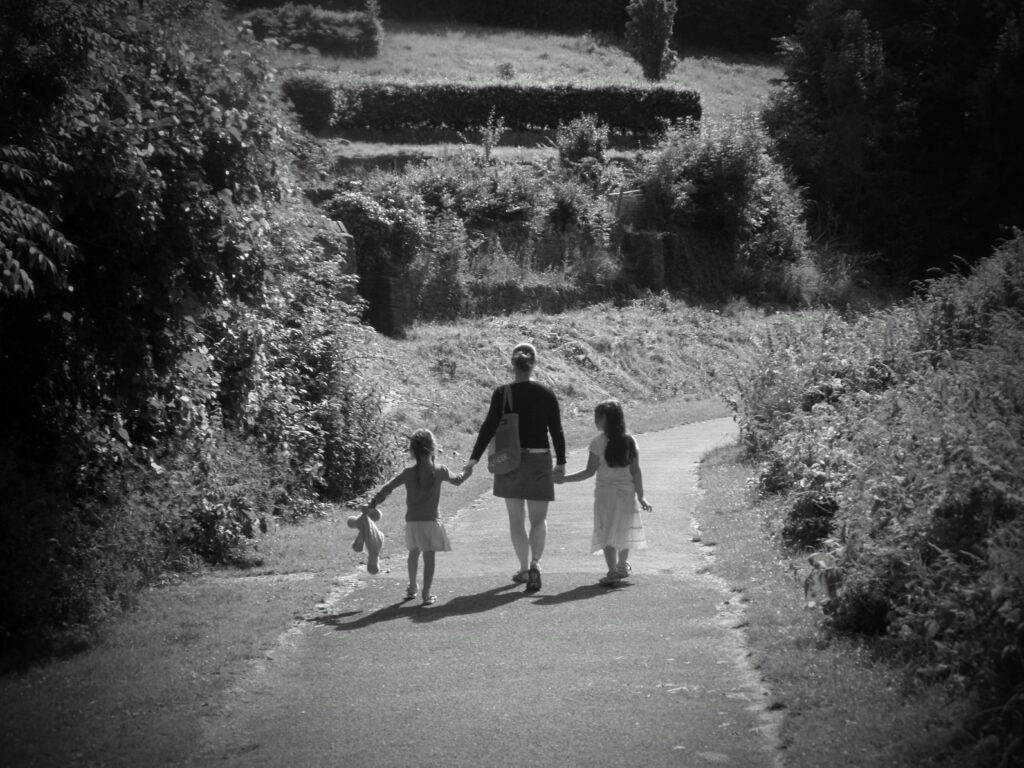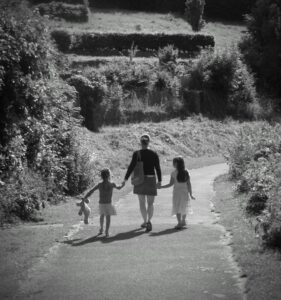
Why have we in the church made some people outcasts?
In recent weeks, I have had conversations with friends pondering why we have felt the need, certainly in conservative Christianity, to outcast LGBTQ people and to make women inferior? We have been asking the question, was this what we signed up for? Is it a faith of love and acceptance? Or exclusivity, exclusion and moral purity? Is it a religion I can remain part of? Or is it time to leave?
Reflecting on these questions led me to what Brian McLaren calls the Cult of Innocence.
In a shame-based religion we crave feeling innocent. The goal is purity, holiness and perfection. We need to believe we are clean in order to feel accepted and enough. The problem is we are never perfectly good, no matter how you define purity, or grace. So, we look for a short cut.
The short-cut is scape-goating and projection. We find a victim to defend and a villain to oppose, and in doing so, feel innocent and righteous ourselves. We are also blind to our own hypocrisy and the harm we are doing in the process.
It makes us feel that we are right, with superior knowledge, we are the ones who believe the Bible, even when our “evil” society and culture rejects “God’s teaching” on homosexuality or the role of women. We are on God’s side, in His team, and going to heaven. We are holy. We are safe.
Harmful Effects
But this is not without harmful effects – it causes minimising and denial of the harm done through racism, sexism, oppression of LGBTQ people and environmental plunder. When we refuse to see the harm, we become complicit.
I was raised in a Christian community that taught that the oppression of women and of the LGBTQ community was “what the Bible taught” and hence could not be questioned. To accept the equality of women in the clergy or even the home, or allowing gay marriage would have been to reject God. Speaking out against the cultural acceptance of LGBTQ rights became a requisite for being a true Bible believing Christian.
It created a cult of innocence, where the “victim” was “Christian marriage”, and the villain was people advocating for women’s rights and gay rights. These Christians felt innocent and pure by separating themselves from and opposing these movements.
However, this “innocence” came with a price.
It silenced the voices of the LGBTQ people themselves, denied their lived experience and even told them they were condemned to hell, causing great harm. This teaching has led to shattering families, addictions, mental illness and deaths by suicide. Similarly, patriarchal teaching has played a large part in silencing women who were suffering, and creating family environments where abusive behaviour could continue unchecked. These teachings have caused people to be traumatised.
Taking responsibility
When I was home-schooling our children, I decided it would be good for them to learn about the history of South America, as it is their heritage. When we came to learning about the conquistadores, I was struck by the different way the story is told in the UK textbooks and the Ecuadorean ones. When I was a child, I had been taught the white settlers saved the ignorant Incas from child-sacrifice, and introduced superior Christian morality. My husband, in Ecuador, had been taught about the white oppressors who violently oppressed and plundered their country.
In that moment, as a white woman of privilege, residing as a guest in their country, it caused me to reflect on our history, and what my current attitude and motivation for “serving the local people” really was. I paused and thought about the racism, violence and theft that the people I lived amongst had experienced at the hands of those who professed my religion. Was I still perpetuating any of those harms?
Brian McLaren puts forward an alternative way of dealing with guilt and shame, to that of the cult of innocence. It involves “soberly rethinking the past, facing it without minimising it, grieving over it, feeling the full measure of the pain of the victims, seeking to understand the conditions that prompted the victimisers to do what they did, seeking to address those conditions, healing the wounds, righting the wrongs, changing the systems that protected the wrongdoers, and joining with the victims in a struggle for mutual liberation.”
Surely this is the path of Love. It is hard to admit that we have had racist attitudes, or been complicit in the oppression of women, or taught things that have allowed domestic abuse to continue in families in our congregations. Are we willing to listen to what the LGBTQ community has to say to us? We need to ask questions about the effect our teaching has had. What role has teaching that the end of the world is nigh, and that humans are to subdue the earth played in climate change and environmental catastrophe, for example? Facing this will not make us feel morally right and superior. We will no longer be scape-goating someone else as the villain. We will see our own failure.
But it is only through going to these dark places, and grieving over them, that change for the better can be born. It is by shining the light, darkness can be dispelled and true transformation can begin.
Why leaving might be a cult of innocence in itself
I am reminded of a parable Jesus told, of the tax-collector and the pharisee at the altar. The tax-collector prayed, “Have mercy on me, a sinner.” The Pharisee prayed, “I thank you God I am not like the tax-collector.”
How many of us, on hearing that story condemn the pharisee and then in the same breath say, “Thank God I am not like the pharisee!”?
Or, “Thank God I’m not like those Christians.” Or, perhaps, “Thank God I’m not a Christian anymore.”
Leaving Christianity, it seems to me on pondering this question, might be a cult of innocence in itself.
What would happen if I say instead, “Have mercy on me,” and accepting myself as flawed and also enough, seek to engage in facing the past, healing wounds and participating in the struggle for truth and love, from within?

